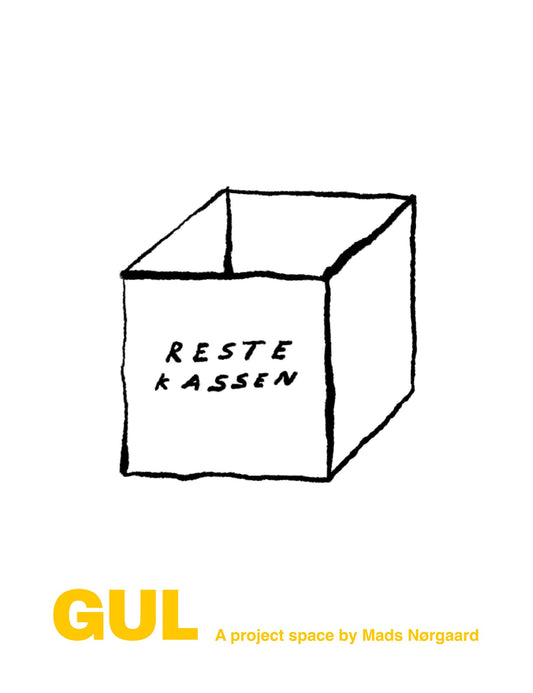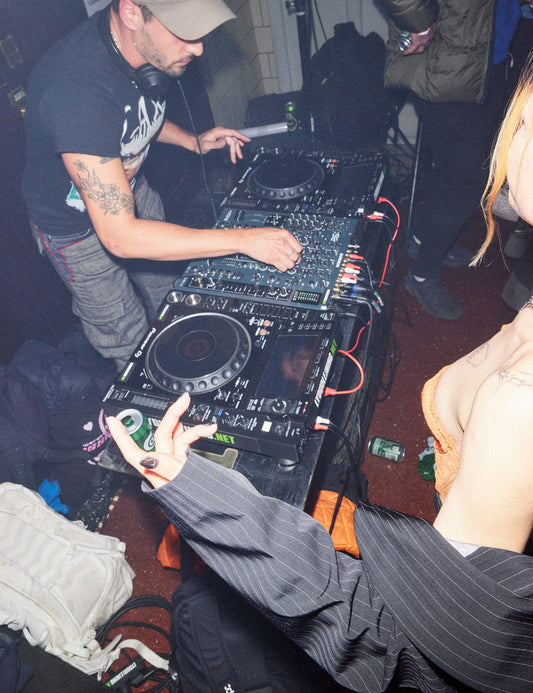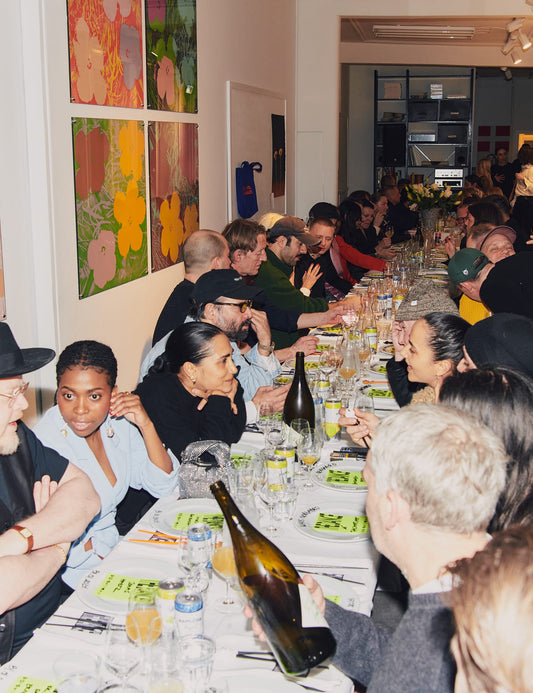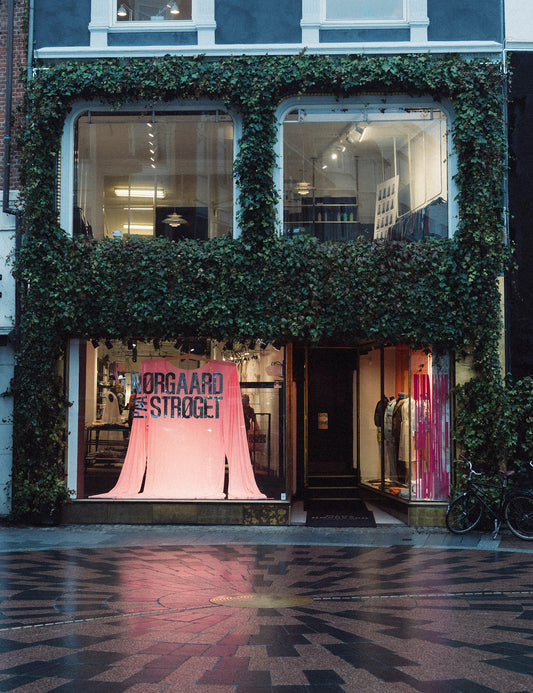What's the best line you've ever written?
On my album I have many pieces of text that I am really happy with. But if I have to choose one, it could be a phrase from the track 'falder'.
"The night shows I can't decide, darkness and light will find their way here, I'm waiting for it to be day again."
In the sentence, I use “night” as an image of a feeling - uncertainty - that I don't like to experience, but also as an image of something inevitable that I might as well accept and live through instead of fighting against. I use “day” and “night” as metaphors of something good and bad, but they must also be understood as neutral. We have an experience of knowing when things are working in our direction and when they are not. But with time we can sometimes see that what happened was the opposite of what we thought. In other words, to me the phrase means that I try to accept the state of things with an openness: that I don't know what it is, but with the hope that it will be good. My songwriting can start with one phrase in my head that I think sounds funny, or that has a rhythm to it that I think is cool to sing. But often my songs are about feelings I have, or about the feelings of others who have made an impression on me. And the nuances of those feelings. There are very few of my songs that are only happy or only sad. I try to bring forward those subtleties. With great love comes great fear of loss. With pain can come motivation. Motivation may be followed by doubt. Doubt can turn into action…
What detail in one of your compositions are you most proud of?
There are many details that I love, which will probably be a bit navel-gazing to talk about. And I'm having a hard time picking one! But an example of something that would make me proud in a composition might be hearing a chord progression in a track that's repeated over and over, and then maybe we've added a chorus that makes the same chord progression sound different. It can also be making some radical changes in key or rhythm. But if a simple idea continues to work, even if you hear it over and over again, then I get really proud. I think the chorus in ‘samme ting ny sang’ is an example of that. Very few notes are used and there is a lot of repetition, but it doesn't get boring to my ear.
How do you avoid clichés in your lyrics and in your music?
I don't know if I do. I think a lot of things are clichés. And I try not to let myself be limited by what I've made of stories and about what are clichés. It's a pretty conscious conversation I have with myself. If the story is strong enough, I think you can do anything. And if a sentence feels too used, I try to freshen it up with something I think is funny or thoughtful. Sometimes I think it allows for the cliché, and other times it paves the way for a new thought that makes the cliché unnecessary. I think a number like 'min?' is full of clichés. During the song I look up to the sky for answers, I'm not calling back, I'm asking if you're my baby. But I think the song has a naivety and an honesty that makes it a sweet thing – where there is room, lots of room, for clichés.




